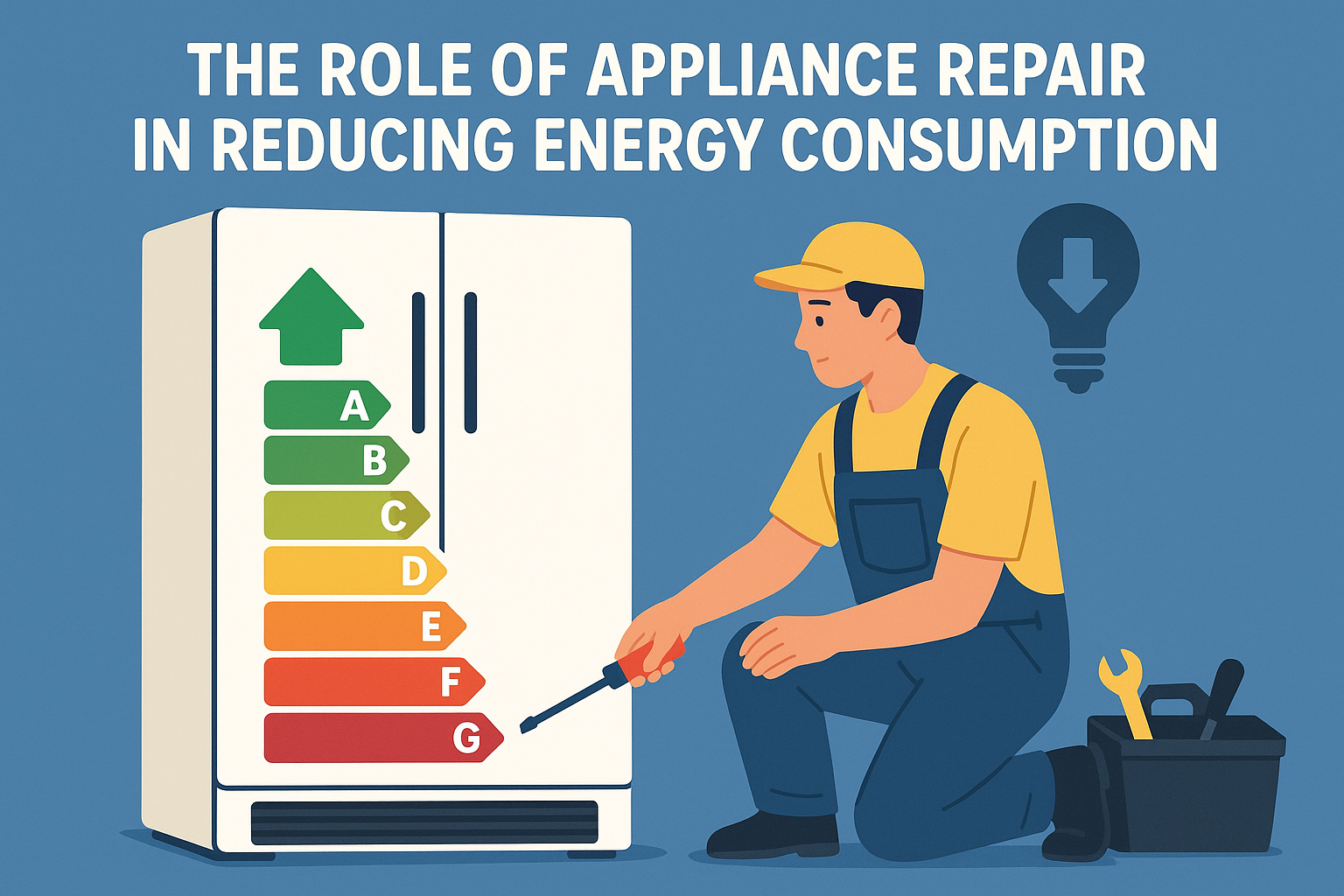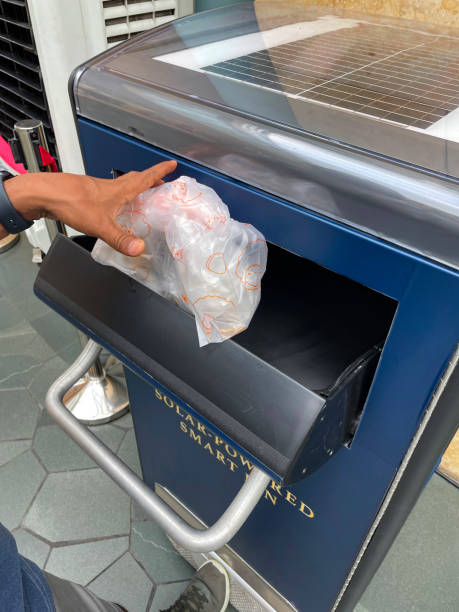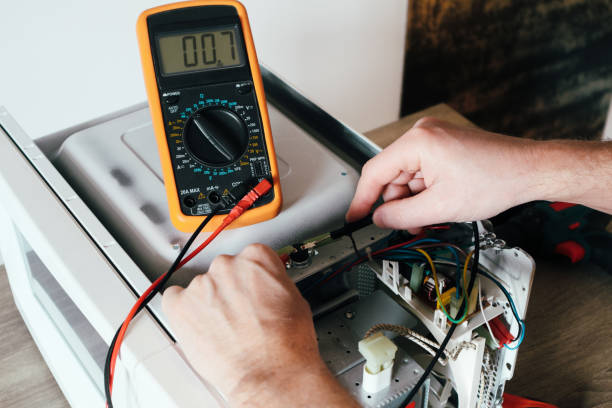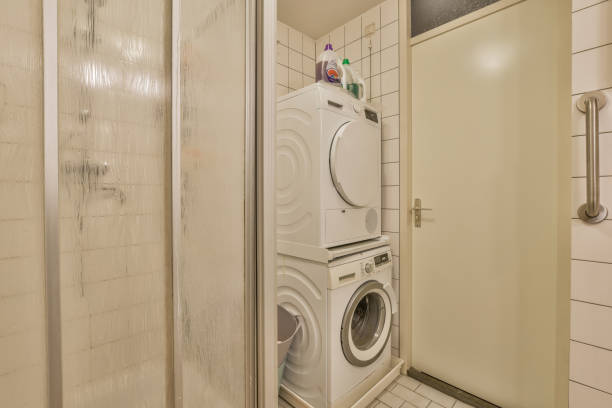Hard water, characterized by high levels of dissolved minerals like calcium and magnesium, can significantly affect the performance and longevity of household appliances. Here’s an in-depth look at how hard water impacts various appliances and the strategies to mitigate these effects:
Understanding Hard Water
Hard water is a common issue in many regions, where water passes through mineral-rich soil and rock, picking up calcium, magnesium, and other minerals. While it’s safe for consumption, its effects on household appliances can be detrimental:
- Mineral Buildup: As water evaporates or is heated, these minerals are left behind, forming scale or limescale. This buildup can clog pipes, reduce water flow, and affect appliance efficiency.
Appliances Most Affected by Hard Water
Dishwashers
Dishwashers are particularly vulnerable to hard water:
- Scale Buildup: Hard water minerals can clog spray jets, reducing cleaning efficiency and leaving dishes with spots or a chalky residue.
- Reduced Lifespan: Over time, the buildup can lead to mechanical issues, necessitating repairs or replacement.
Mitigation Strategies:
- Regular Cleaning: Use dishwasher cleaners like affresh® tablets or vinegar to dissolve mineral deposits.
- Water Softeners: Installing a water softener can prevent scale buildup by exchanging calcium and magnesium ions for sodium or potassium.
Washing Machines
Washing machines face similar issues:
- Efficiency Loss: Scale buildup on heating elements and other parts reduces the machine’s efficiency, leading to higher energy consumption.
- Fabric Damage: Hard water can make clothes stiff, reduce detergent effectiveness, and cause colors to fade.
Mitigation Strategies:
- Use of Water Softeners: Softening water before it enters the machine can prevent scale formation.
- Adjust Detergent Use: Increase detergent slightly to counteract the effects of hard water, but be cautious not to overuse.
Water Heaters
Water heaters are significantly impacted:
- Reduced Efficiency: Scale buildup insulates the heating element, requiring more energy to heat water.
- Potential for Damage: Over time, this can lead to heater failure or tank corrosion.
Mitigation Strategies:
- Regular Maintenance: Descale the heater periodically to remove mineral deposits.
- Water Softening: A whole-home water softener can prevent scale buildup from the start.
Related: Trash Management Simplified: Industrial Trash Compactor vs. Trash Compactor for Kitchen
General Strategies to Combat Hard Water Effects
Water Softening Systems
- Installation: A water softener system can be installed at the point where water enters your home, effectively treating all water used in appliances.
- Benefits: Extends appliance lifespan, improves water flow, reduces detergent use, and saves on energy costs.
Filtration and Descaling
- In-line Magnetic Filters: These change the shape of mineral particles, preventing them from sticking to pipes and appliances.
- Descaling Agents: Use commercial or natural solutions like vinegar or citric acid to remove existing scale.
Routine Maintenance
- Regular Cleaning: Keep appliances clean to prevent scale buildup. This includes cleaning filters, spray arms, and heating elements.
- Professional Repairs: For severe cases, professional technicians can disassemble and clean appliances thoroughly.
Adjusting Cleaning Products
- Detergents and Soaps: Use products formulated for hard water or adjust the amount used to ensure effective cleaning.
Related: How Does Unlocking Diagnostic Mode Help with Washing Machine Troubleshooting?
Conclusion
Hard water can pose significant challenges to the efficiency and longevity of your home appliances. However, with the right strategies in place, such as installing water softeners, regular maintenance, and using appropriate cleaning agents, you can mitigate these effects. By taking proactive steps, you not only protect your appliances but also save on energy costs and extend the life of your household investments.





